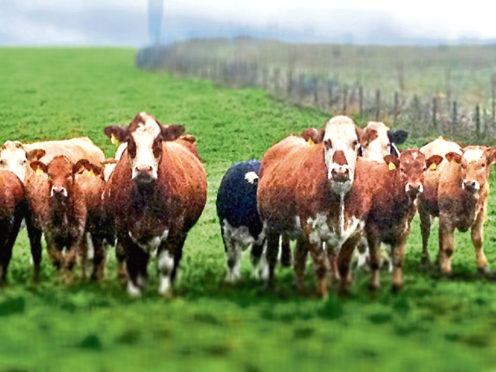SRUC’s Professor Davy McCracken offers an insight into work at the college’s hill and mountain research centre.
I have recently joined a new panel of academic experts established to advise the Scottish Government on the development of future rural policy.
There are five of us on the panel, each bringing our own specific areas of expertise.
Professor Alan Matthews, an agricultural economist and chair of european agricultural policy at Trinity College in Dublin, brings long-standing knowledge of the impacts of agricultural and international trade policies from both an Irish and wider European perspective.
Professor Andrew Millar is chief scientific adviser for environment, natural resources and agriculture.
He provides the Scottish Government with independent science advice and champions the use of evidence to inform policy development and delivery.
Professor David Reay is a climate change scientist and chair in carbon management and education at Edinburgh University.
His research focuses on the relationships between greenhouse gas changes and land use.
He is very active in climate change knowledge exchange.
Professor Deb Roberts is director of science at the James Hutton Institute.
Prof Roberts is an agricultural economist who brings a wide range of experience of wider rural and regional development and of modelling the economy-wide impacts of changes in agricultural policy.
And me? Well, I have been working on understanding the impact on farmland biodiversity of changes in European agricultural and agri-environmental policies for nearly 30 years.
And you will also be aware from previous columns that I also see more integrated land use as being key to ensuring the viability of land management systems in Scotland going forward.
For the next six months, we will concentrate on supporting the work of the new Farming and Food Production Future Policy Group, particularly by helping the Scottish Government inform and sense-check the discussions of that group.
After that, we will broaden out our focus to help government consider and develop policies for sustainable rural land management and interventions in the wider rural economy.
Any changes to public policies creates challenges for land managers.
However, it also creates opportunities for those land managers to ensure that future support from public funds is much more focused on rewarding the delivery of outcomes that wider society needs.
It is a given that high quality food production will remain one of the key outcomes from Scotland’s land.
But in a time of climate change, we also have to ensure that future land management also delivers on a range of other public benefits.

